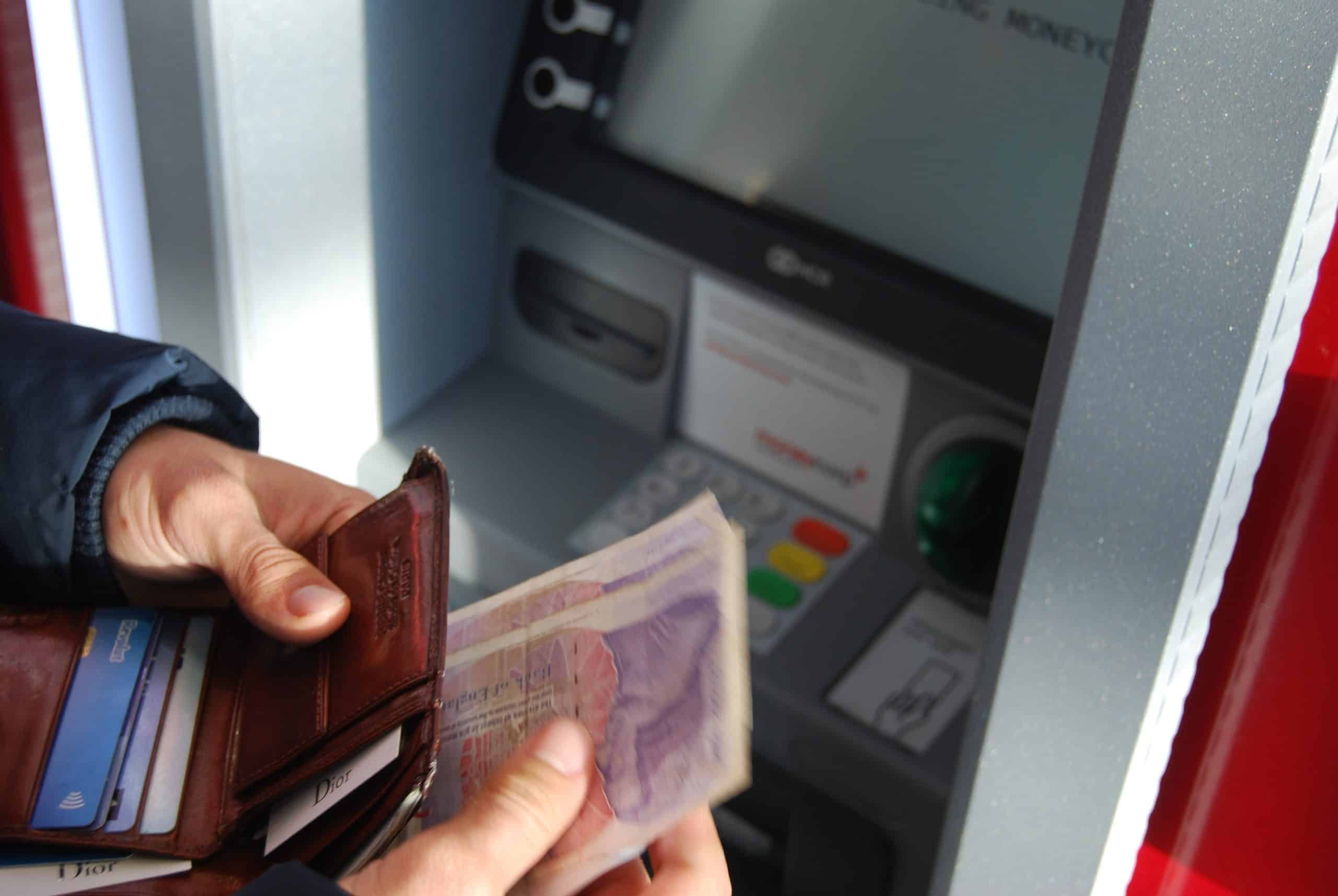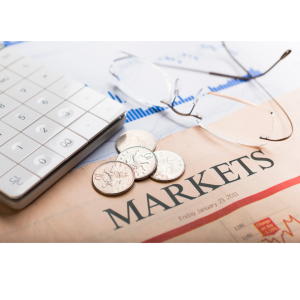Cash is king
This is one of the first expressions I learnt when I joined financial services, and it took me months to really understand what it meant.
Cash is often looked down upon in the investment world. It doesn’t deliver much in the way of returns (particularly when interest rates are the lowest they have ever been, as we are currently experiencing). Any interest received rarely keeps pace with inflation, so the actual value of money held in cash is reducing year on year in terms of its buying power. So when we are in a period of strong investment growth, cash can feel like it’s a ‘waste’, it’s easy to focus on the lost potential return of investing. I often get comments of ‘if I’d only invested this money a year ago, I wouldn’t have missed out’.
BUT. Cash really is king (or queen, take your pick) and times like this highlight the need for cash to be the number one investment asset for everyone:
- It allows for flexibility to take advantage of buying opportunities. It’s widely expected to be announced in June that we are now at the start of a global recession. And although that will have many negative implications, possibly the only positive is that for investors, it means assets will effectively be on sale.
- It buffers cashflow. There is no worse time to sell assets than when markets have slumped, so having extra cash reduces the likelihood of needing to do this and makes for much better longer-term planning.
- It provides security. Again, this is something that’s easy to underestimate when you’re used to having cash available, but try not having any extra available for just a day- it can be a very vulnerable and scary place to be. Which is why the first rule of financial planning is to always have an emergency fund.
Cash hacks
Unfortunately, I don’t have any magic tips to get huge returns on cash- they’re just not around currently. But there are ways to help maximise cash returns.
- Make sure you/your partner are utilising your personal savings allowances (to reduce the amount of tax you’re paying on any interest received) *
- Make sure holdings with any one institution are kept below £85,000 for an individual, or £170,000 for a couple, to ensure you’re fully covered by the FSCS.
- Using cash ISA allowances means you can benefit from tax free interest.
- People often just look to their high street banks for savings rates, but shopping around can be valuable. For example, NS&I income bonds are currently offering 1.16% gross and are instant access, which is much higher than any other high street bank are offering at present.
- Consider fixed term deposits but make sure to shop around. It’s not always in your interest to ‘lock in’ money for longer just because the interest rate offered is higher. Often banks will offer a rate of say 1.3% on a 12 month fixed rate, or 1.4% for a 2 year fixed rate etc. But if you were to take out the shorter term rate, you could just put this back into a bond after 12 months offering more than 0.1%! So often longer deposit terms aren’t better overall.
- See if your bank offer any ‘regular saver’ bonuses. I bank with First Direct and they offer a regular saver every year where you save £200pm and receive a much higher interest rate than if held in a normal savings account. It’s a little extra admin but is a little boost nonetheless.
Connect with Charlotte and Mary on LinkedIn
Or book a no obligation call with us HERE




